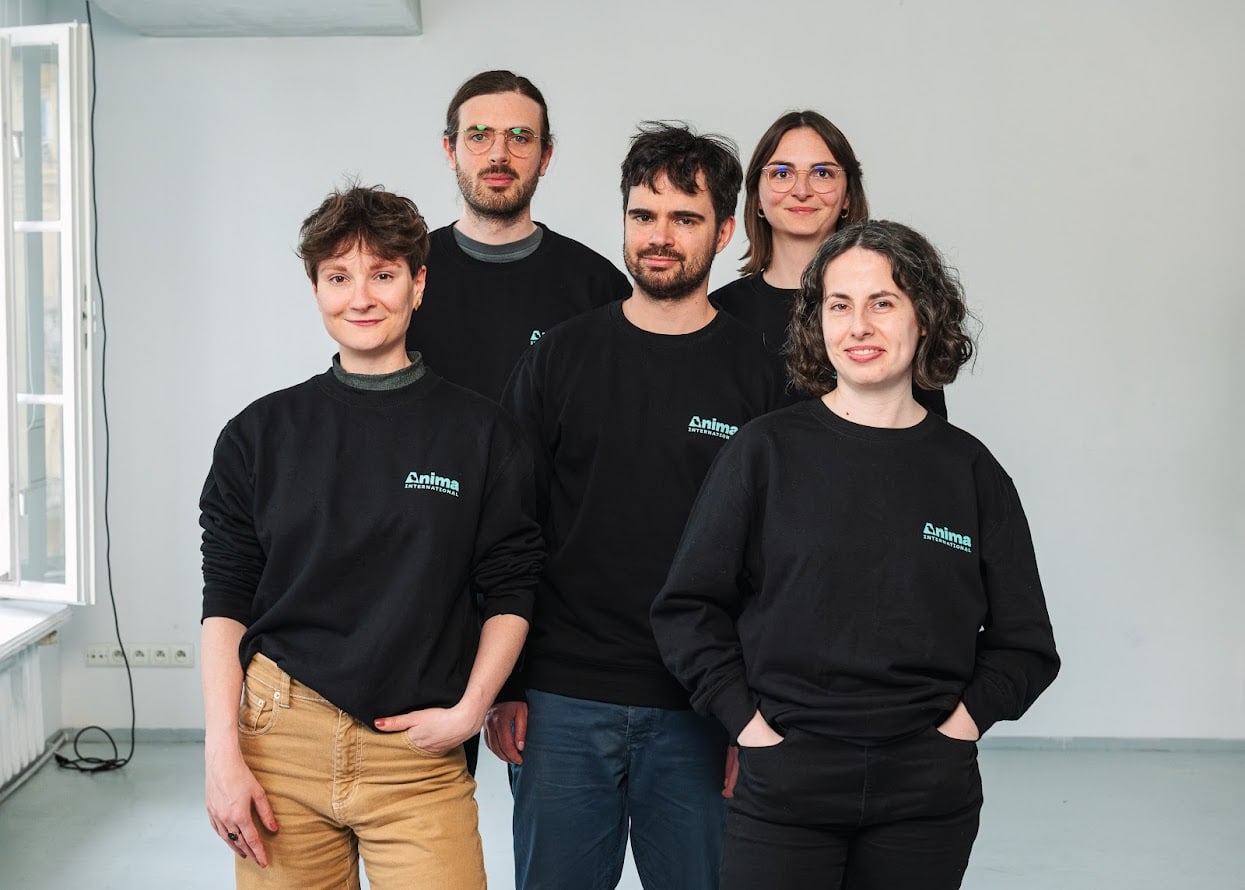I have noticed the following distasteful motivations for my interest in EA surface within me from time to time. I'm disclosing them as they may also be reasons why people are suspicious of EA.
- I feel guilty about my privilege in the world and I can use EA as a tool to relieve my guilt (and maintain my privilege)
- I like to feel powerful and in control, and EA makes me feel I am having an impact on the world. More lives affected = more impact = I feel more powerful. I'm not so small and insignificant if my effective actions can have outsized impacts
- Affiliation with EA aligns me with high-status people and elite institutions, which makes me feel part of something special, important and exclusive (even if it's not meant to be)
- If I believe that other people's suffering can be reduced I believe that there is hope for my own potential suffering to be reduced too
- I'm fragile and EA makes me feel that other people are more fragile by drawing attention to all of the suffering in the world. I must be stronger than I feel if I'm in a position to be an EA, so it makes me feel good about myself
- EA helps satisfy my need to feel like what I do matters and that an almighty judge would pat me on the back and let me in to heaven for my good deeds and intentions (despite being an atheist I was socialised with Christian values)
- EA is partly an intellectual puzzle, and gives me opportunities to show off and feel like I'm right and other people are wrong
- It is a way to feel morally superior to other people, to craft a moral dominance hierarchy where I am higher than other people
- EA lets me signal my values to like-minded people, and feel part of an in-group
- I don't have to get my hands dirty helping people, yet I can still feel as or more legitimate than someone who is actually on the front line


I think the correct steelmanning of dotsam's point is:
1. As a member of <group>, I have a great deal of privilege.
2. In order to remove this privilege, we need sweeping societal changes that upend the current power structures.
3. EA does not focus on upending current power structures in a radical way.
4. EA makes me feel less guilty about my privilege despire this.
5. Therefore, EA allows me to maintain my privilege by relieving my guilt by taking actions that doesn't actually require overthrowing current power structures, i.e, the actions that would affect me personally the most.
Under this set of assumptions, most people find ways to maintain their privilege not by actively reinforcing power structures, but by avoiding the moral imperative to overthrow them. EA's are at least slightly more principled, because their price for this is something like "Donate 10% of your income" instead of "Attend a protest", "Sign a petition", or "Decide that you're inherently worthy of what you have and privilege doesn't exist."
Personally, I don't agree with this chain of logic because I disagree with Point 2 above, but I think the chain of logic holds if you agree with points 1 and 2. (And I suppose you also need to add the assumptions that one can tractably work on upending these power structures, and that doing so won't cause more harm than good.)